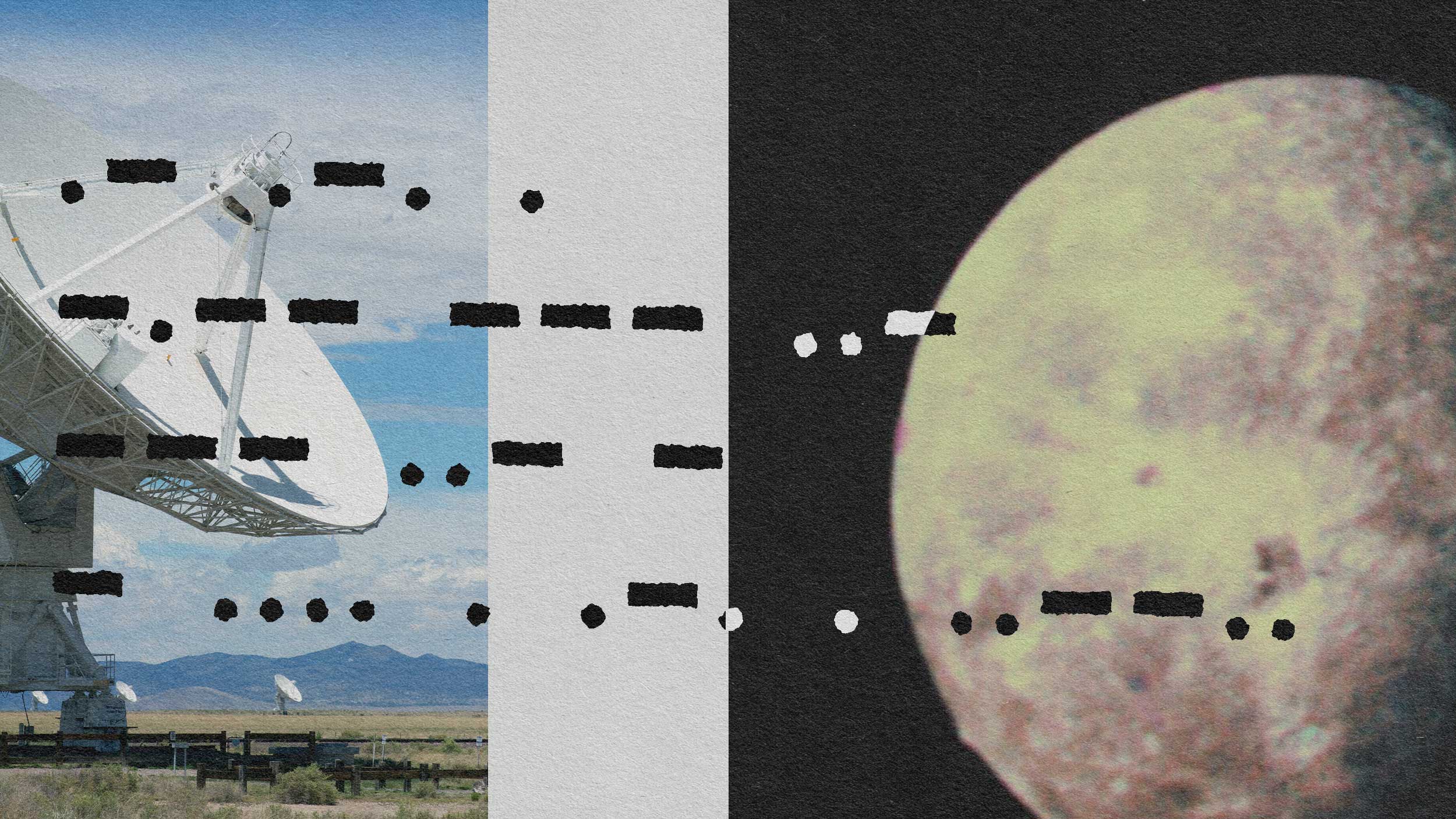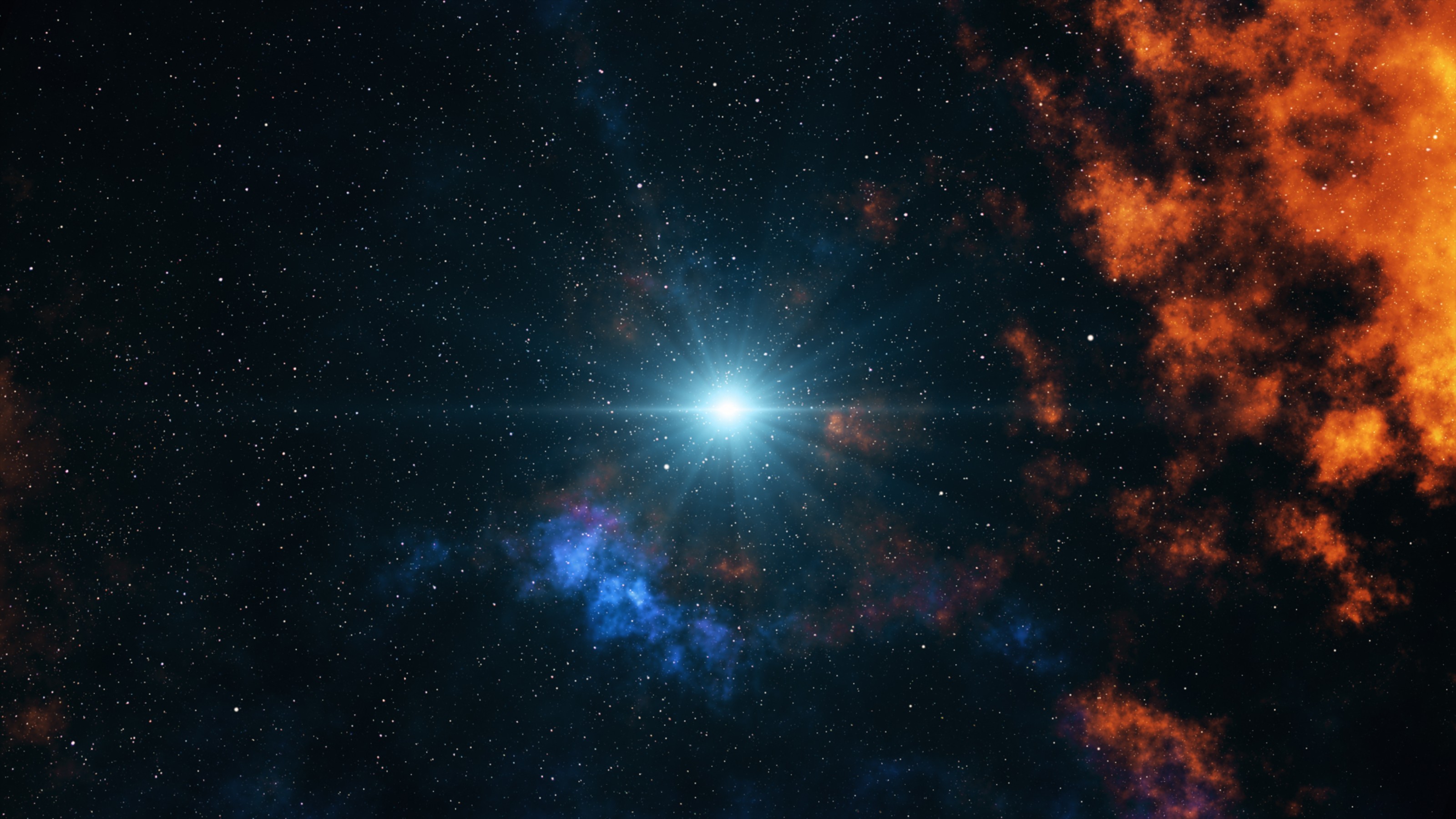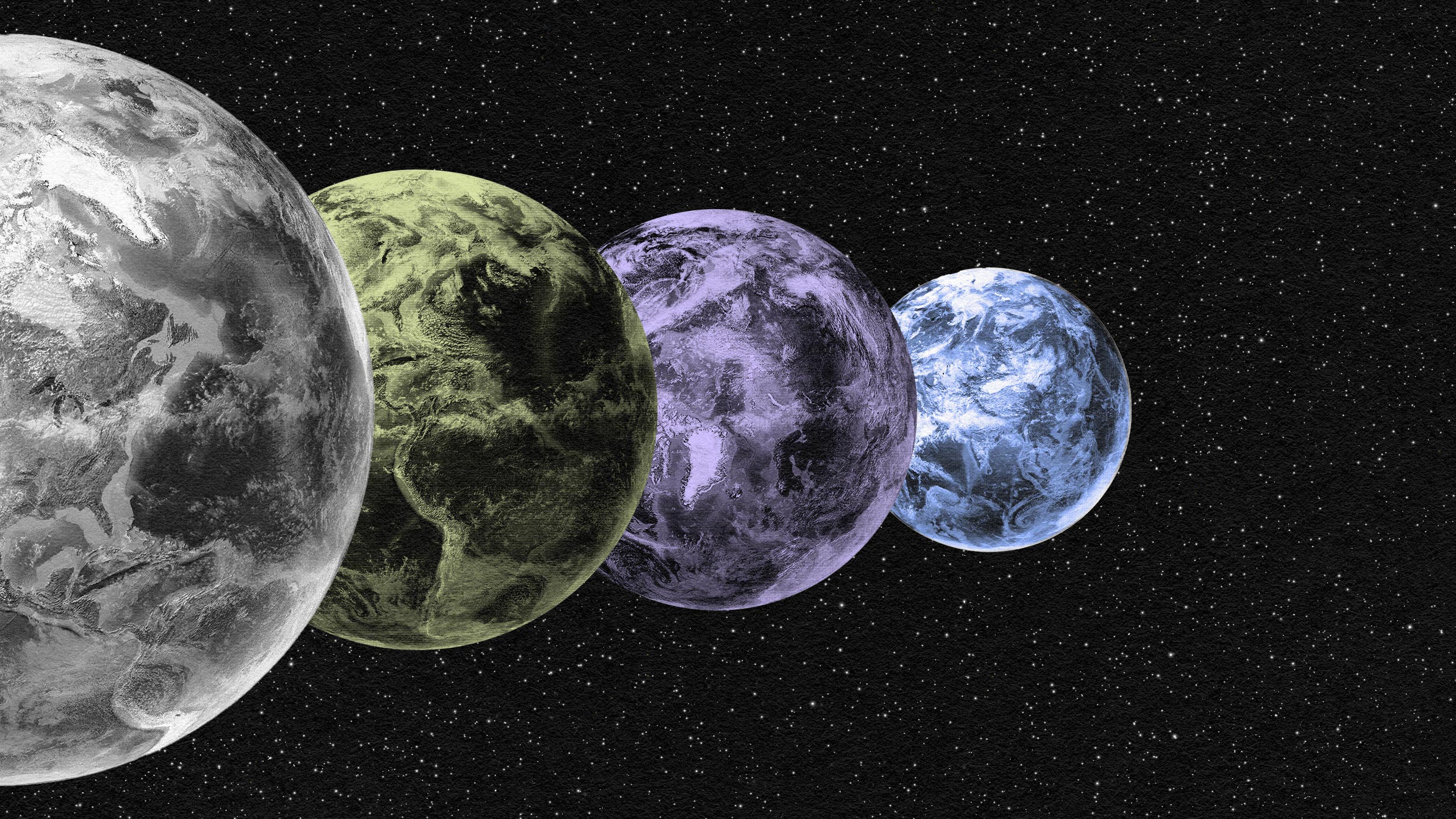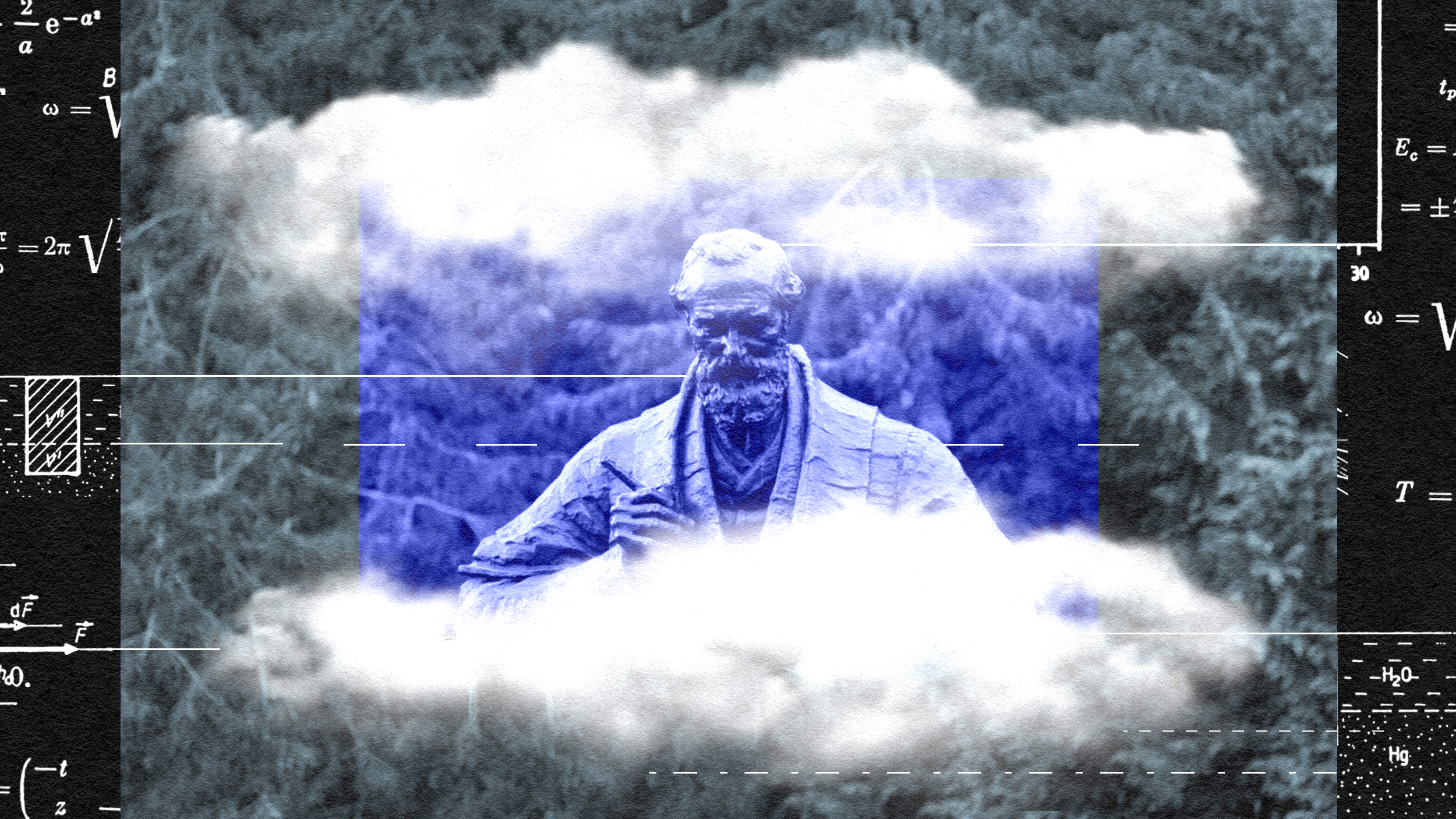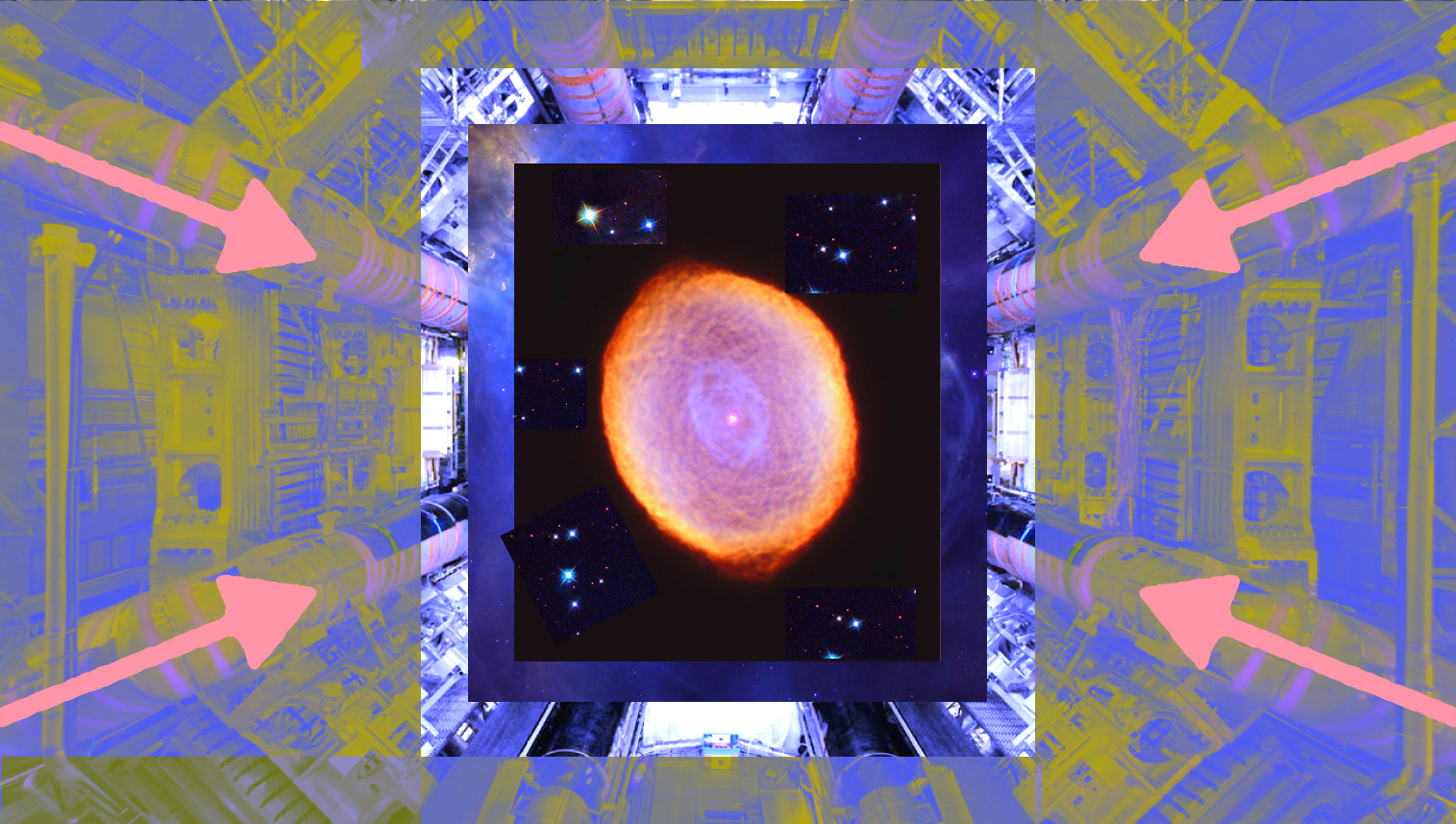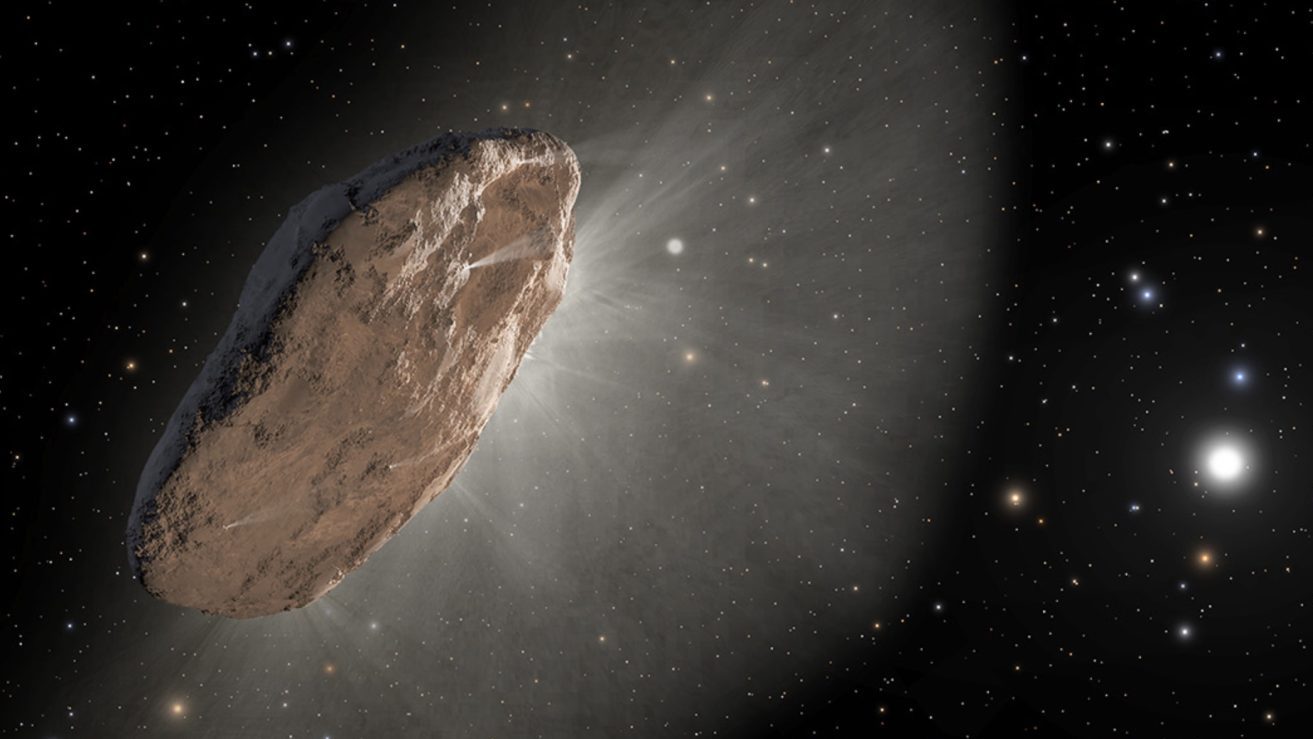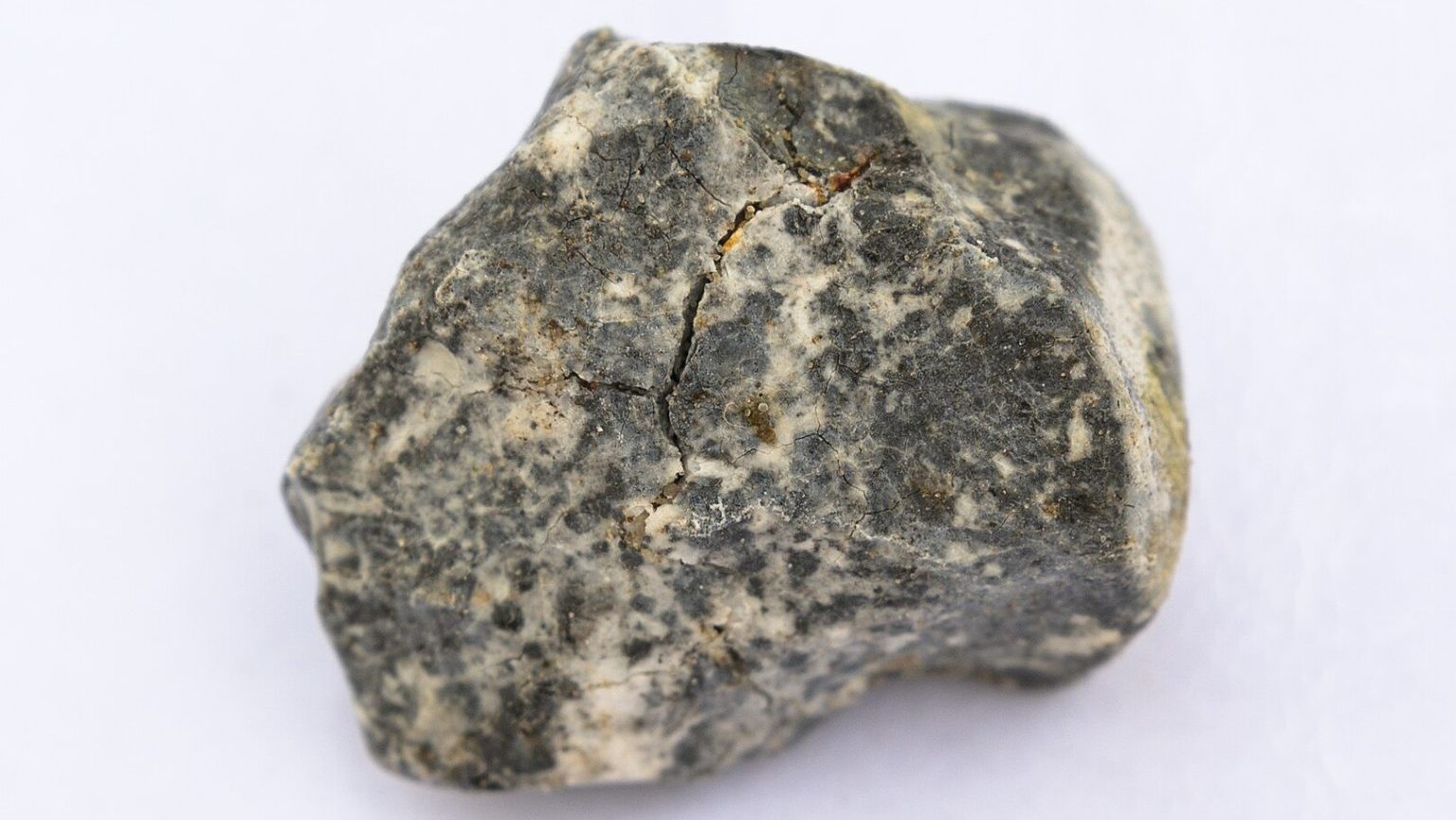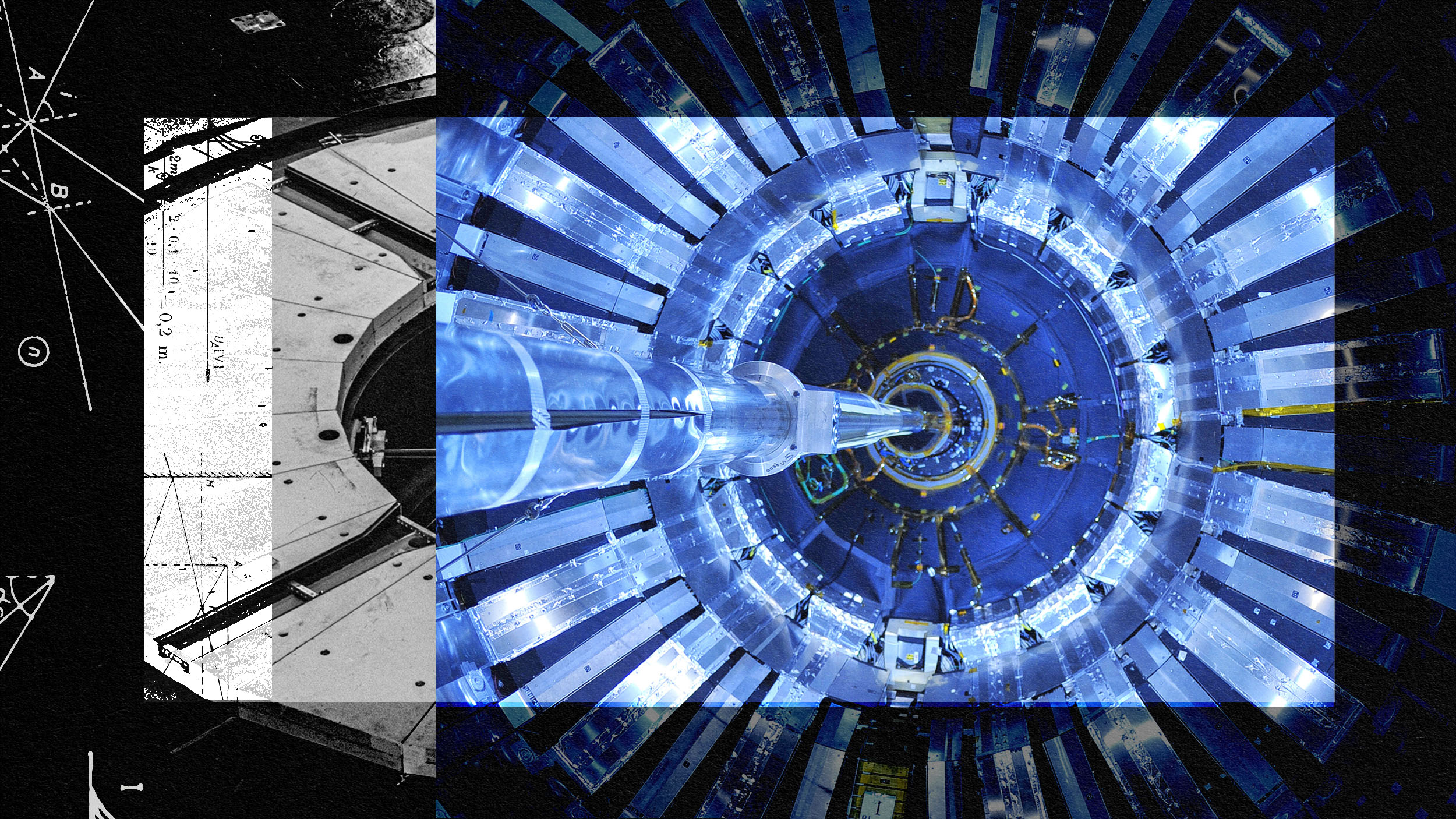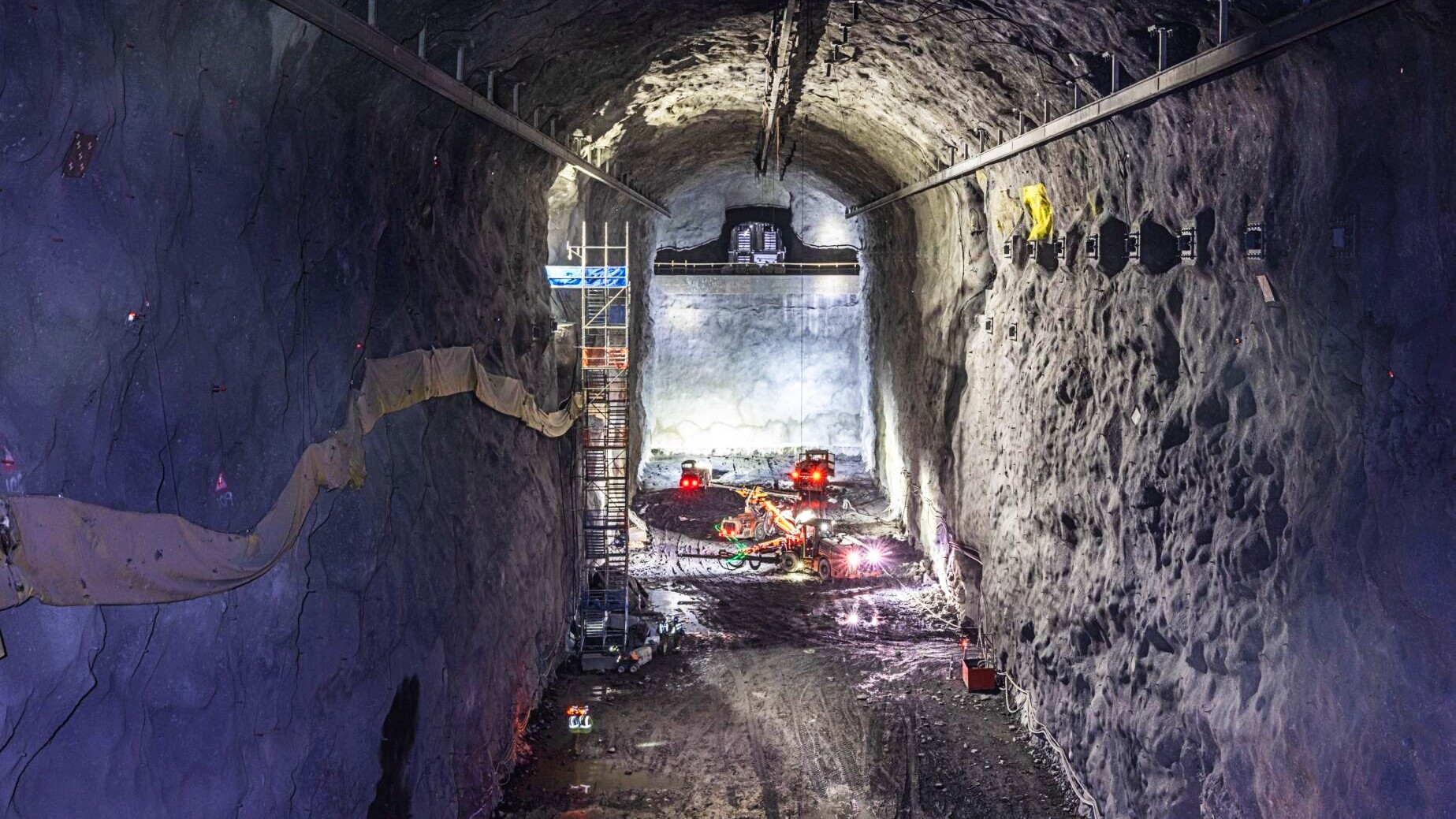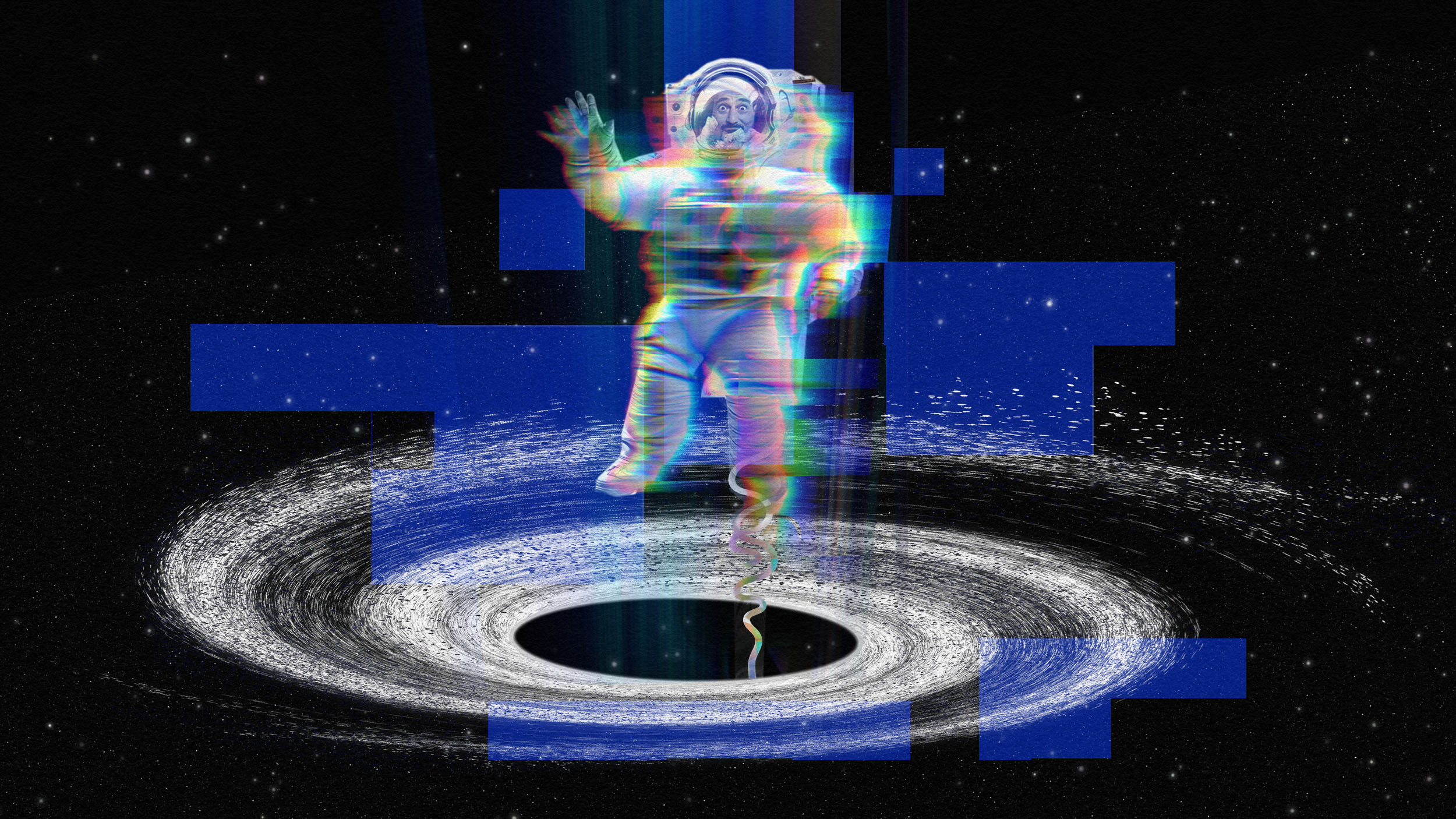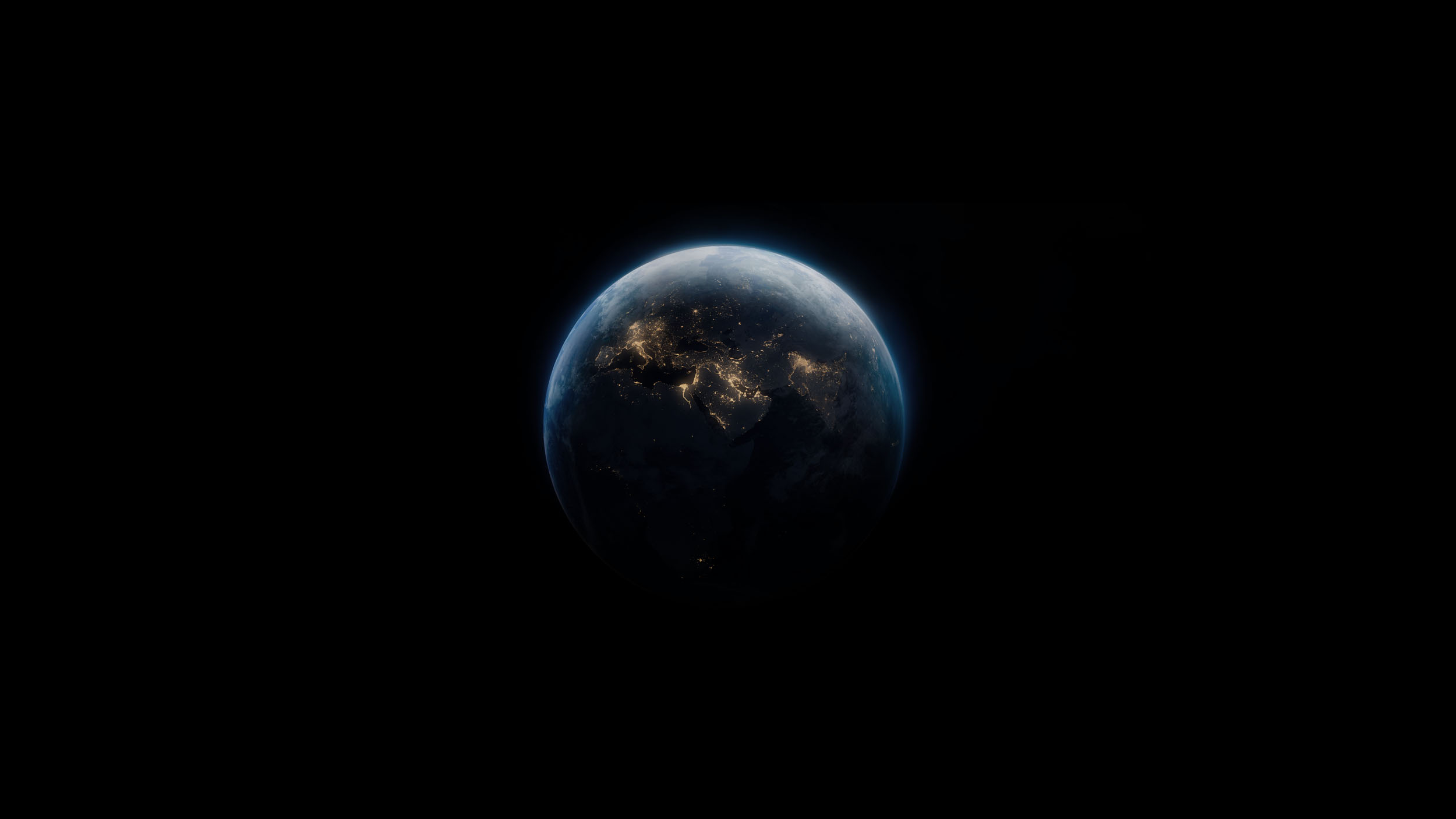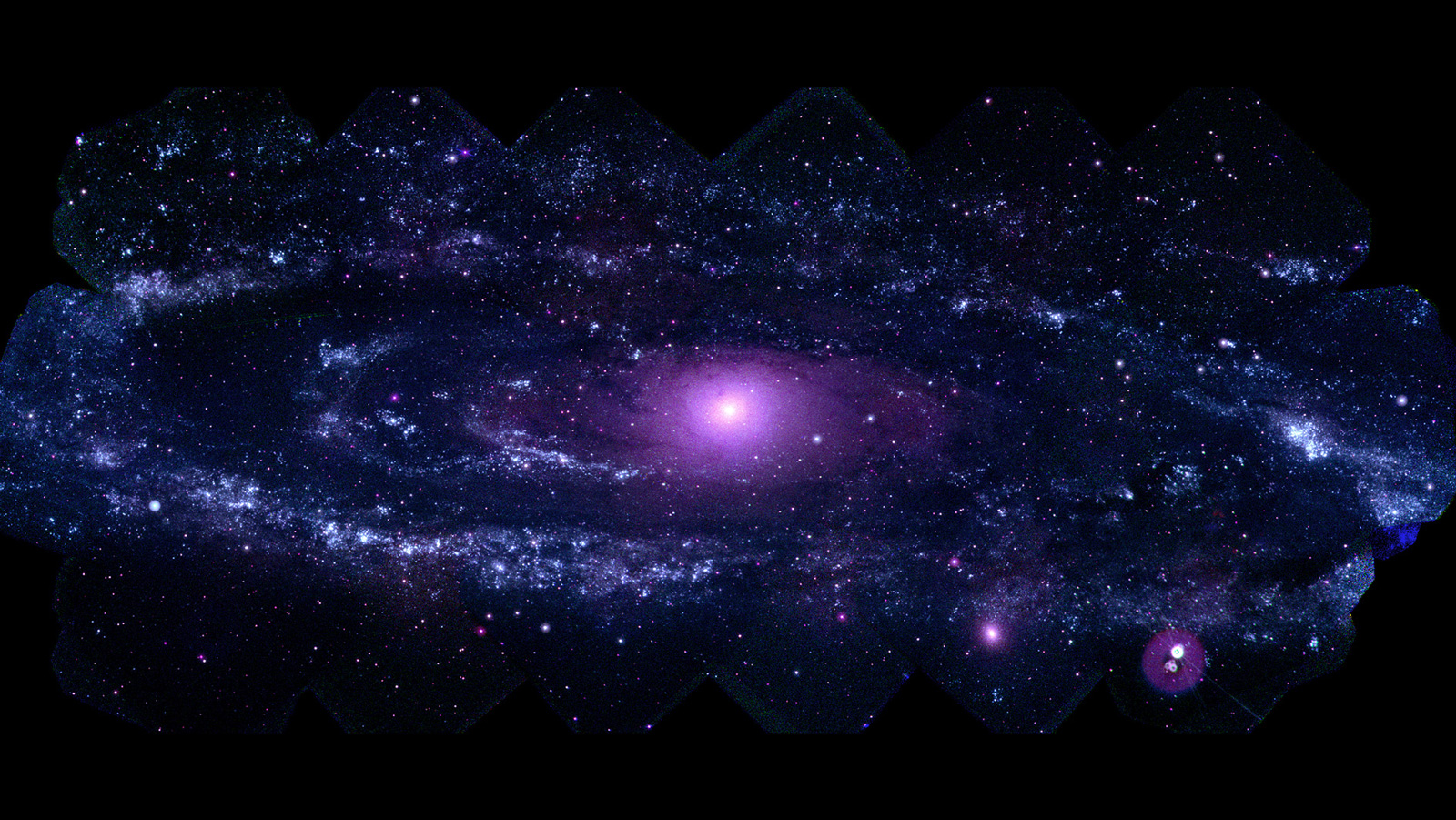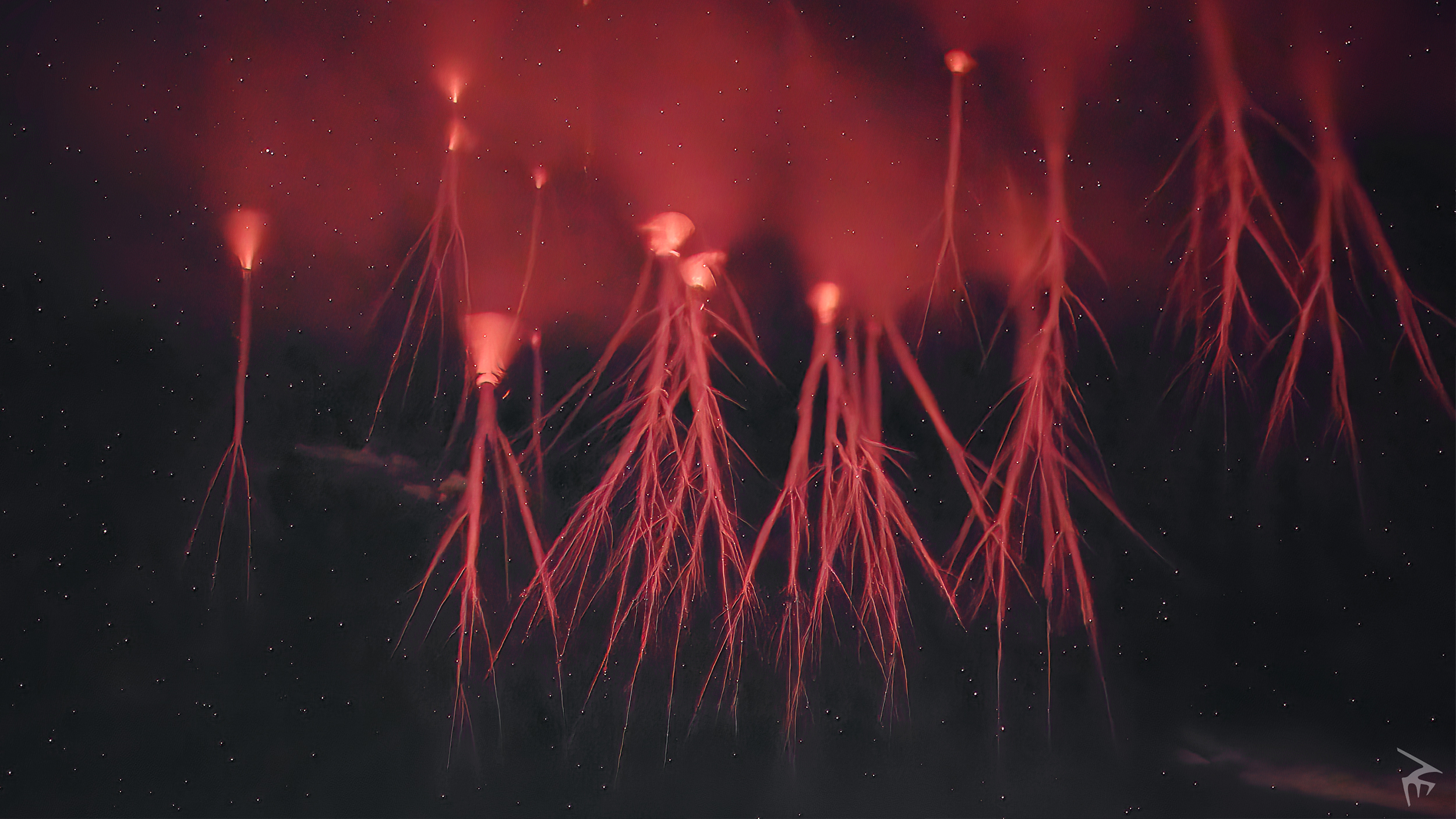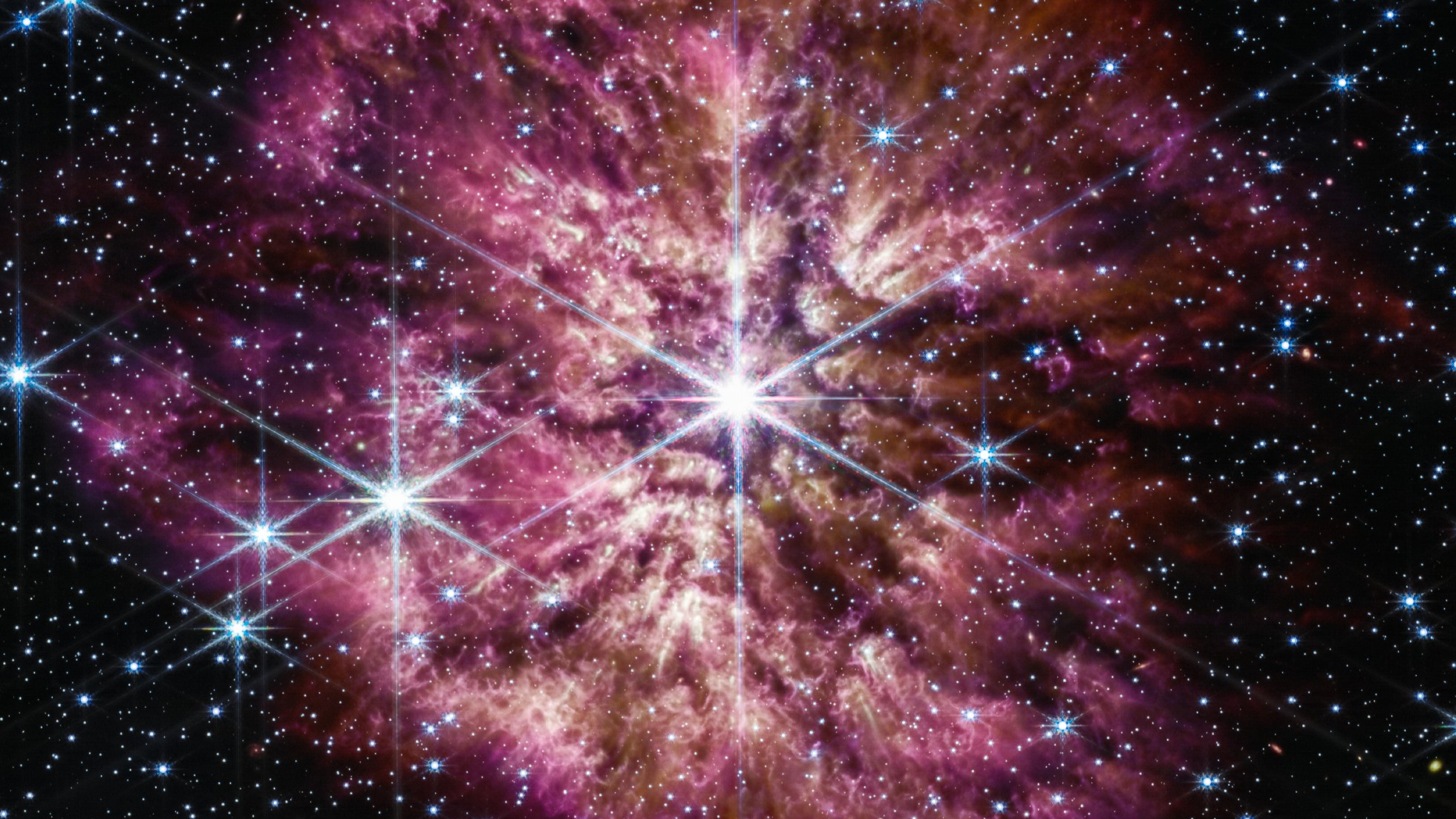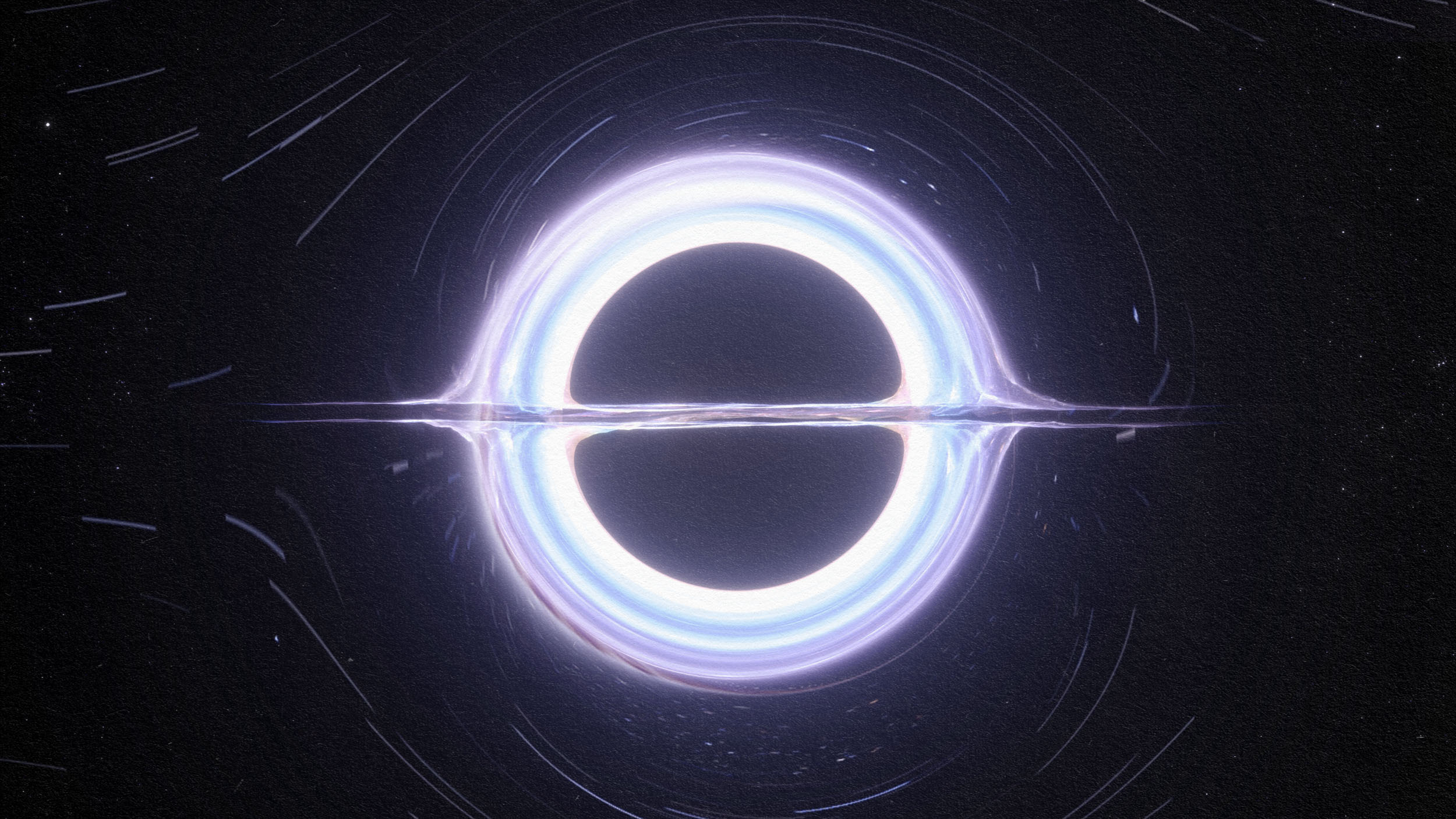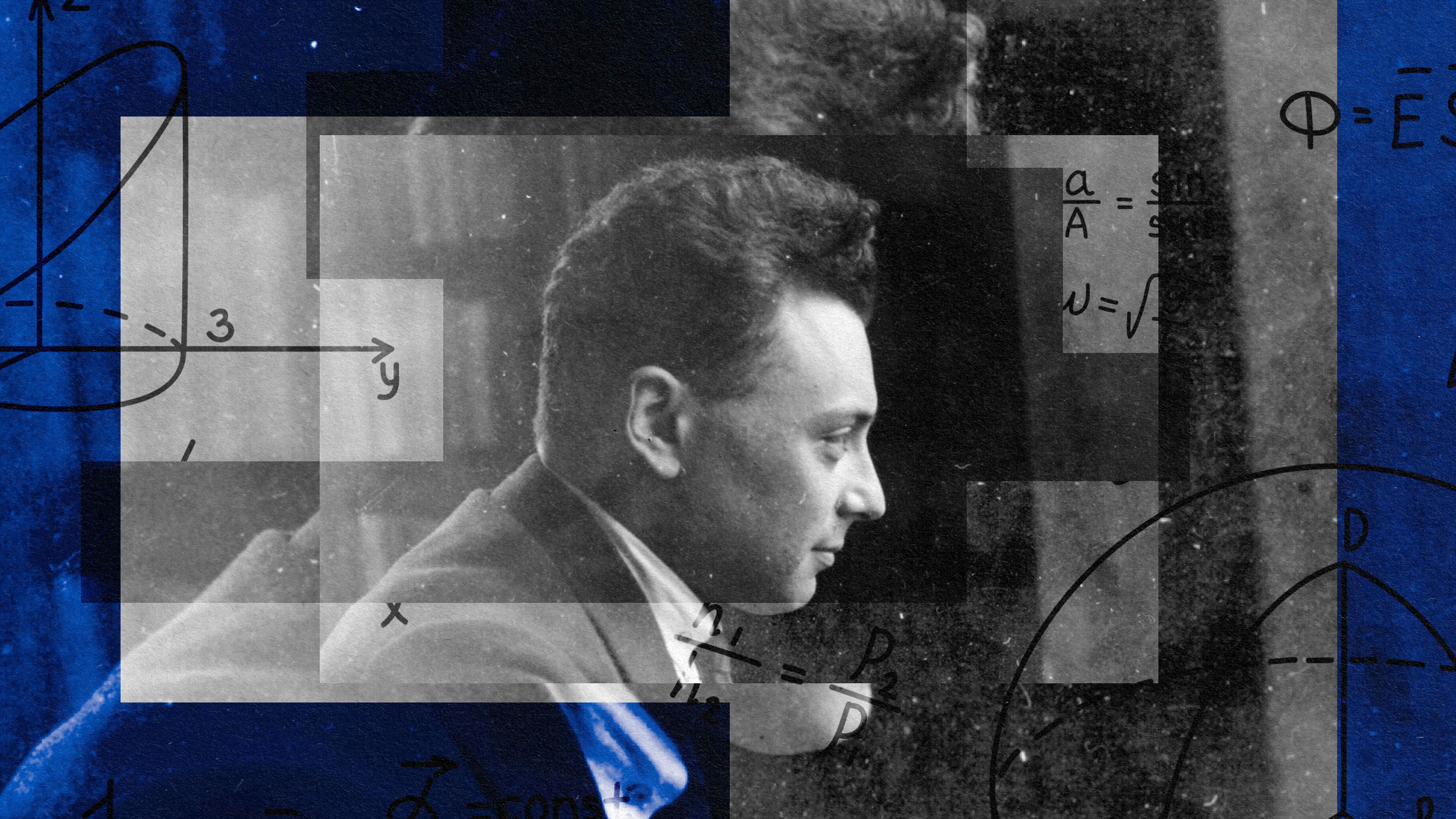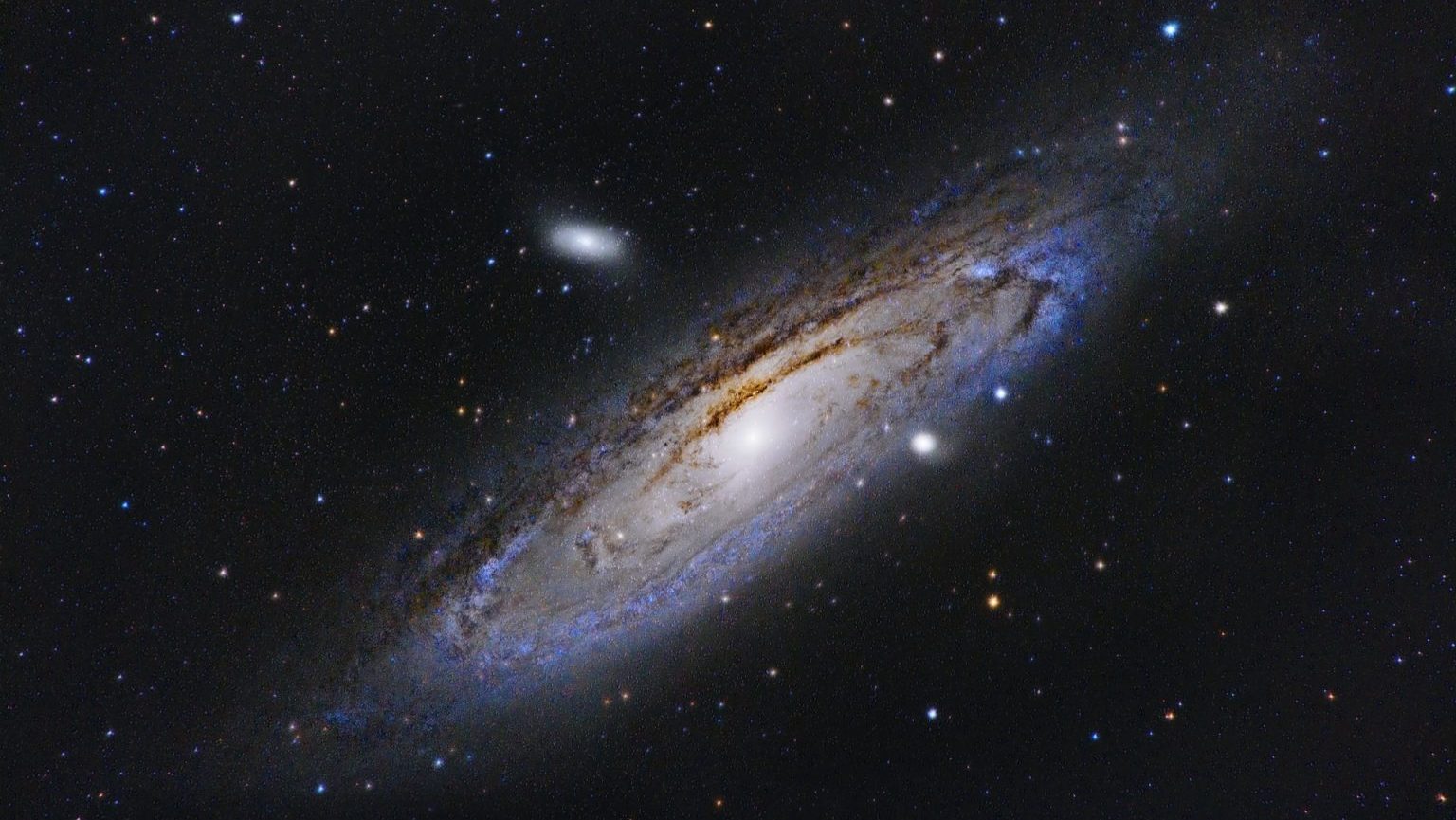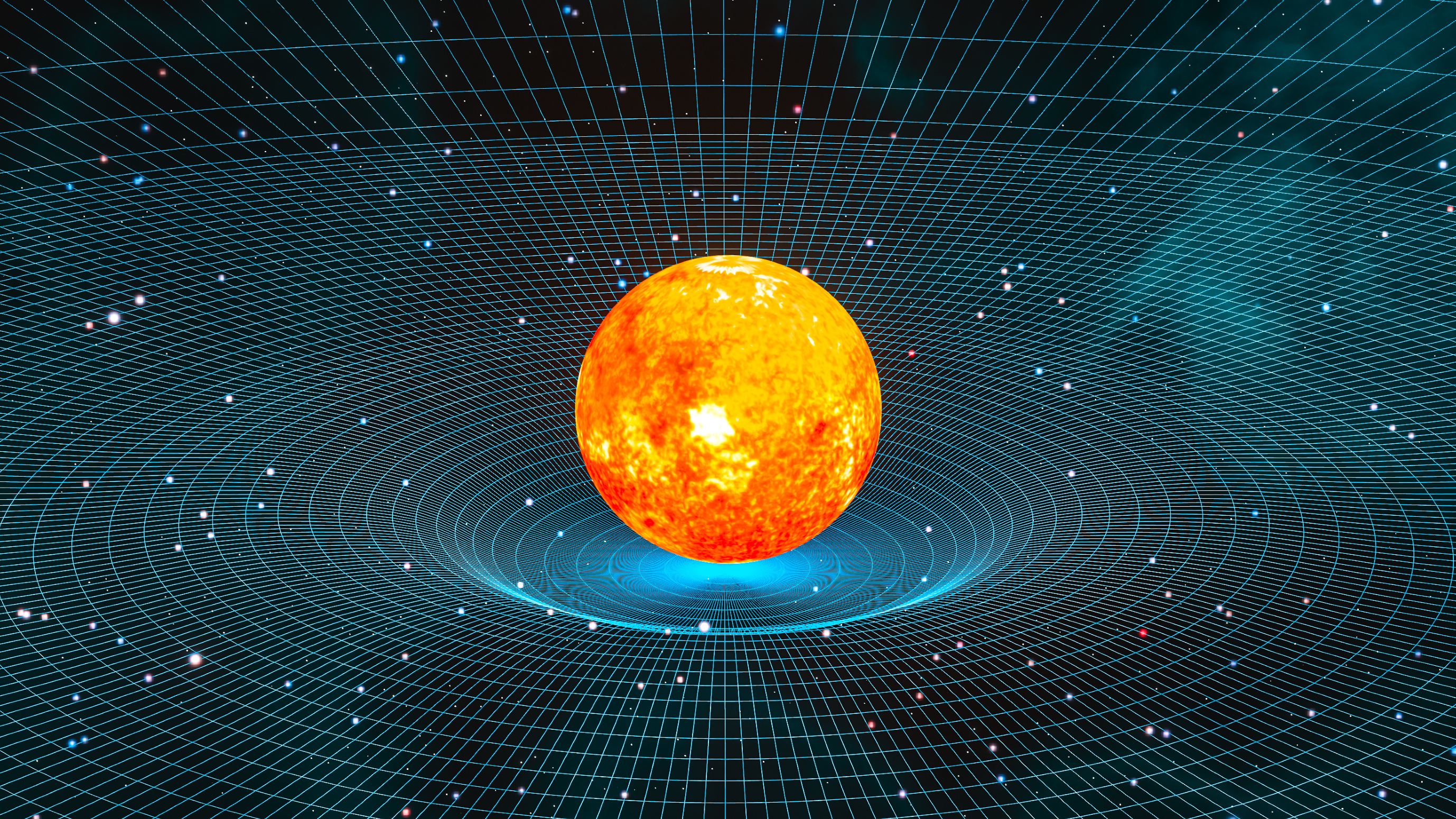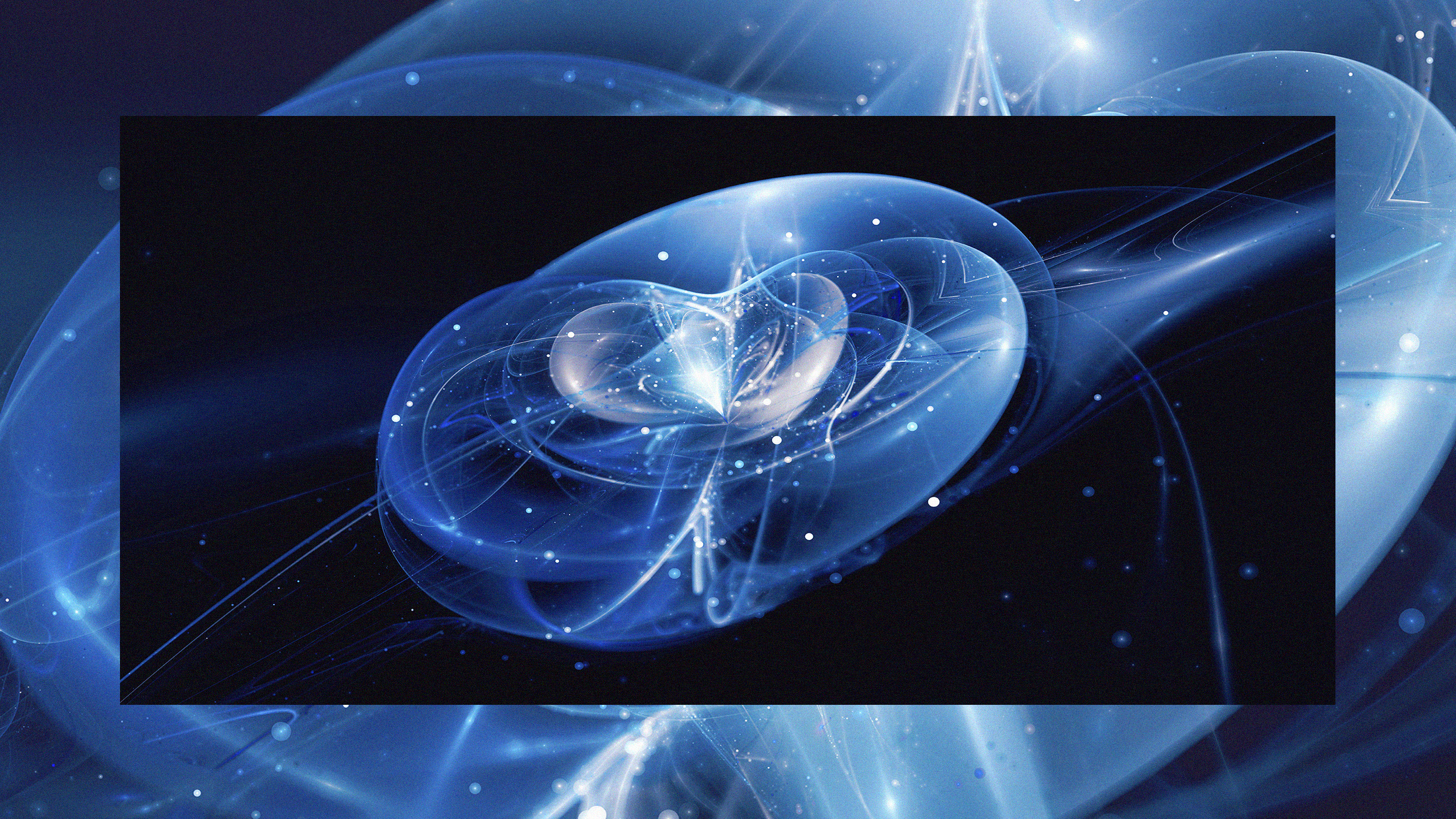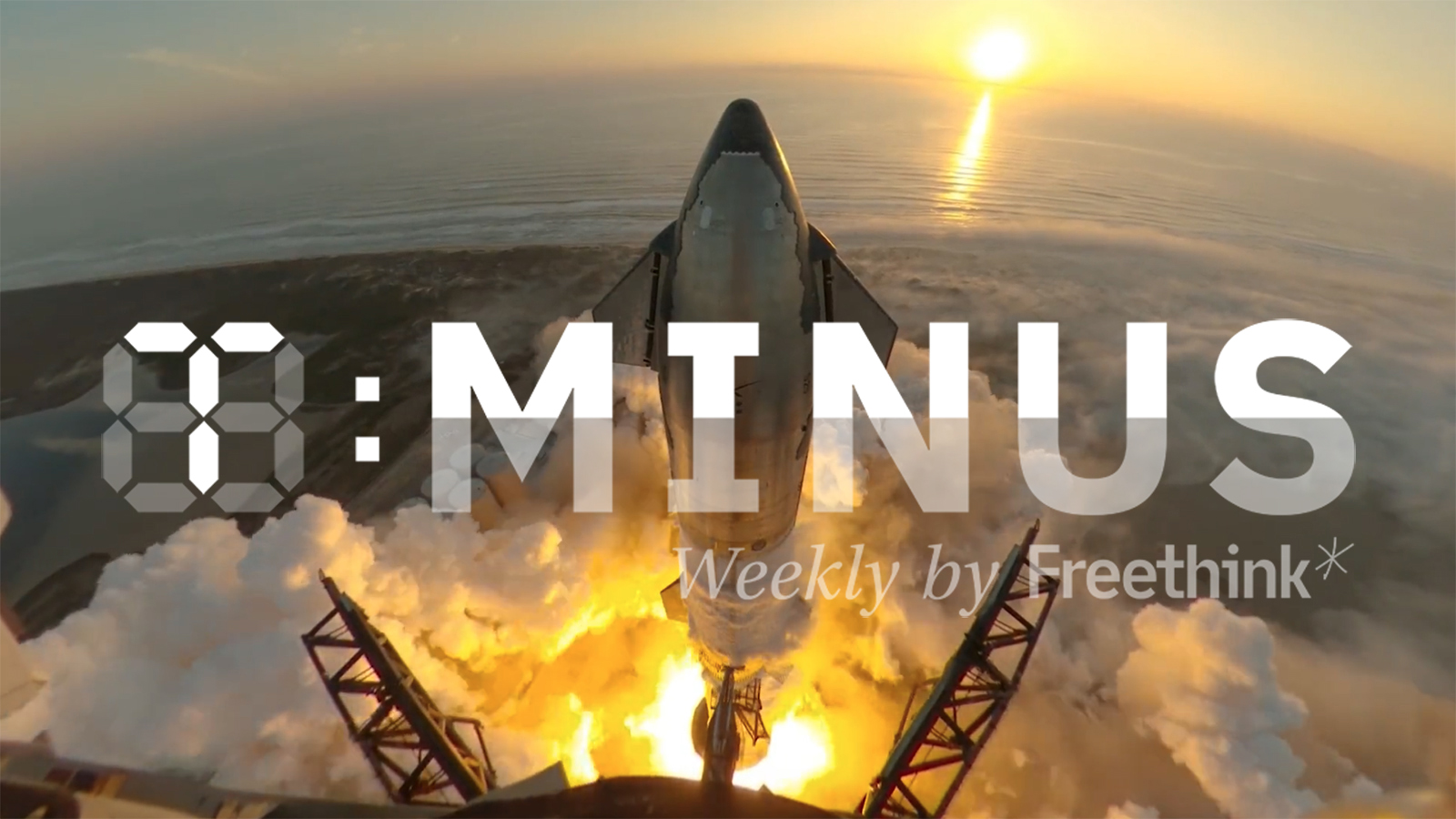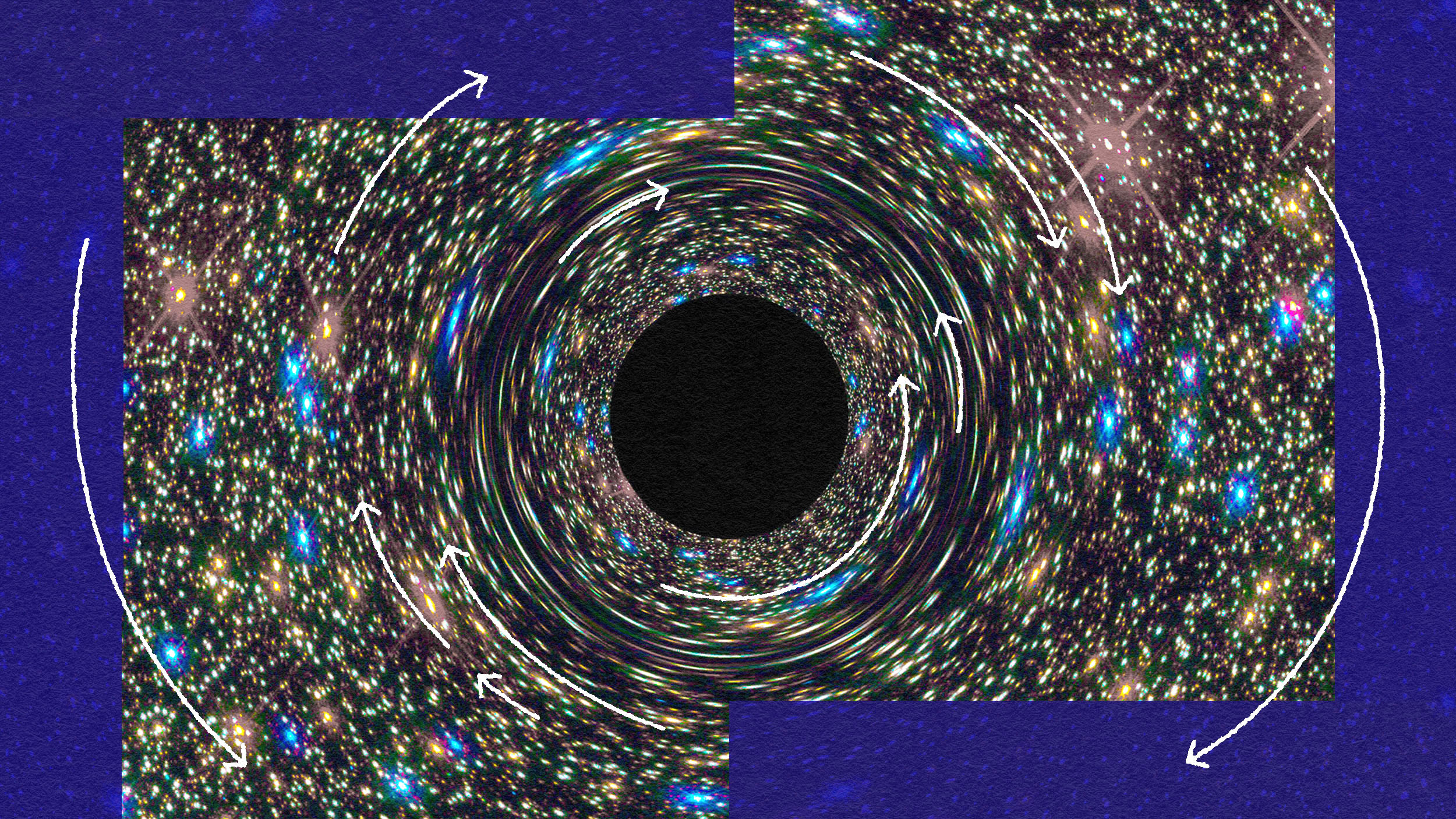Hard Science
All Stories
Here's what recent DESI measurements suggest — and why it's too early to update conventional predictions about the Universe's distant future.
Since 1962, humanity has been sending messages into space with the intent to make contact with intelligent extraterrestrials. Are those efforts worth the risks?
Aliens are often portrayed in popular culture as humanoid. But in reality, intelligent extraterrestrials might take far stranger forms.
Forensics has reached the final frontier, and could be used to solve future space accidents—or crimes.
Well-preserved ancient plants and other finds at the Clarkia fossil beds hint at what kind of evidence any Martian life may have left behind.
From before the Big Bang to Voyager 1, particle physicist Harry Cliff takes us on a whiz-bang tour of the Universe's evolution.
Some physicists are besot with the multiverse, but if we can't detect these other universes, how seriously should we take them?
Lord Kelvin is thought to have said there was nothing new to discover in physics. His real view was the opposite.
In the infant Universe, particle physics reigned supreme.
Volcanologists warn that magma-filled vents evolve over time, leading to an underestimation of the number that might erupt — especially those capable of the biggest explosions
The detection of two celestial interlopers careening through our solar system has scientists eagerly anticipating more.
Meanwhile meteorite hunters rushed to Berlin to find this most rare space rock.
Until the Apollo missions, we had no idea how the moon got here, just a series of educated guesses. They rewrote the story of the moon’s origins.
Discrepancies between observations and theory regarding subatomic particles called muons may force scientists to rethink the quantum world.
Recent measurements of CERN data seem to disagree with standard-model predictions about how the Higgs boson decays, though further analysis is needed to confirm the observations.
The DUNE project will beam tiny neutrinos across vast distances. But the first step involved moving a heavier material: 1 million tons of rock.
If there’s life lurking on the moons of Saturn and Jupiter, could our instruments even detect it?
Want to avoid getting "spaghettified" by a black hole? Steer clear of the smaller ones.
Two scientists recently wagered a bottle of whiskey. The bet? Whether we'll find evidence of advanced extraterrestrial life in the next 15 years.
Observations of an enormous cosmic structure, dubbed the "Big Ring," seem to violate the Copernican principle.
The midwest is particularly filled with them.
A new measurement offers insights on the density of the mysterious force driving the Universe's expansion.
Here's why the answer may forever elude scientists.
Wolfgang Pauli was a brilliant, well-liked physicist and a scathing critic of balderdash.
Physicists have yet to pinpoint the hypothetical matter that keeps galaxies from flying apart. Now they have a new focus.
Thanks to observations of gravitational waves, scientists were able to settle a longstanding debate over the speed of gravity.
Contrary to conventional wisdom, matter can escape the center of the Earth.
U.S. particle physicists recently recommended a list of major research projects that they hope will receive federal funding.
Freethink's weekly countdown of the biggest space news, featuring Starship's second test flight, a new "dark mysteries" telescope, and more.
The Big Bang theory is not threatened, but astrophysicists have some explaining to do.

